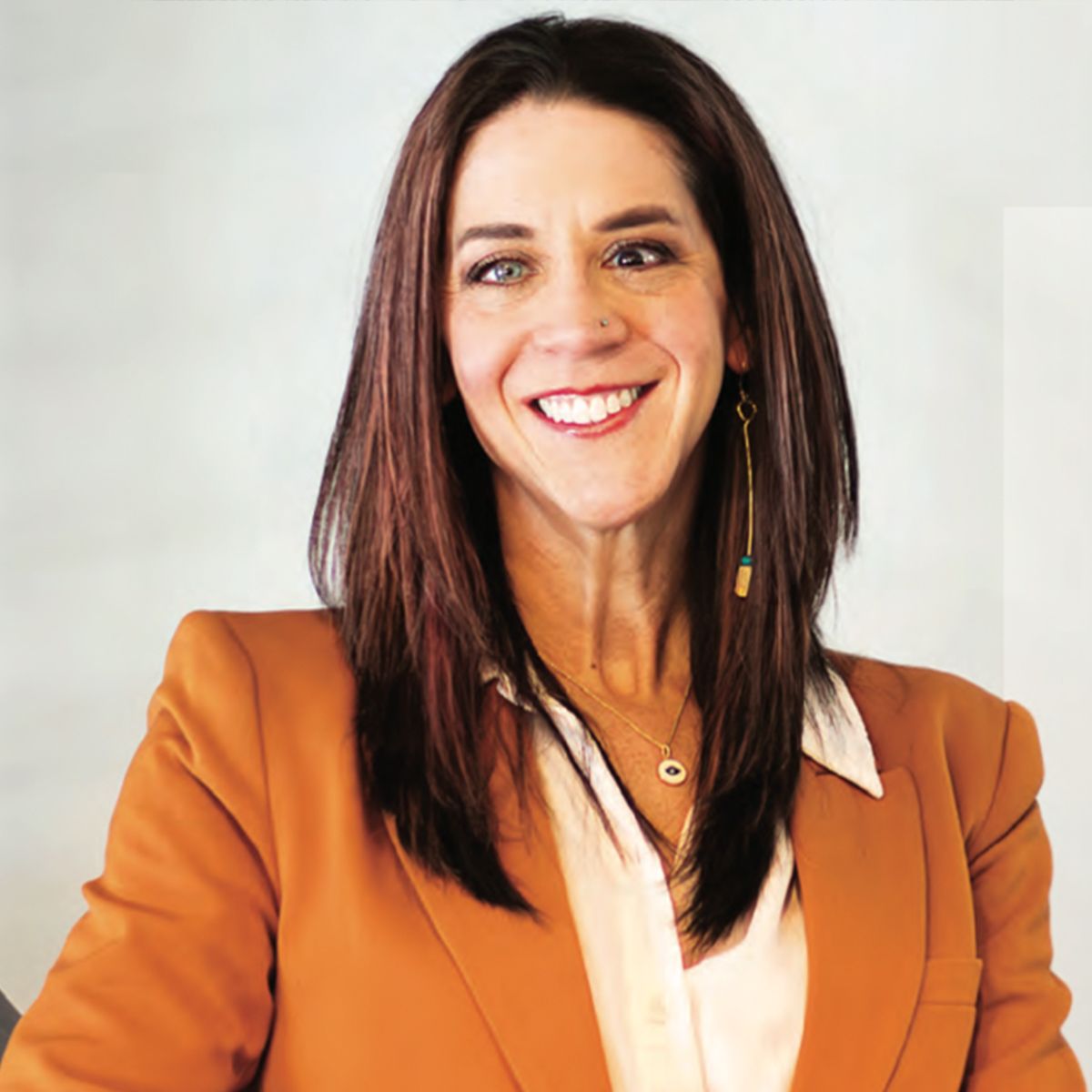Publication
Article
CURE
Friends, Indeed
Author(s):
Support groups or a listening ear can be helpful to grandparents who care for a sick child.
Support groups can be a godsend for the caregivers of family members with cancer—especially when the patient is the caregiver’s grandchild. They provide information and insight, as well as emotional solace during trying times.
But when is the best time to join a support group? The answer is simple: Whenever the caregiver is ready, says Barbara Jones, co-director of the Institute for Grief, Loss and Family Survival at the University of Texas at Austin.
“As much as our friends and family want to be supportive, there is a real power in sitting in a room where people are going through something very similar to you and you don’t have to explain the exhaustion, the worry, all of those types of things,” Jones explains. “But what we have to do is ask the parent or grandparent when is it right for them.”
For some caregivers, it might not be during the acute phase of the crisis, Jones says. Instead, it might be when the situation has stabilized that the caregiver finally feels comfortable reaching out for needed support. “Like any trauma, we get really focused on what we need to do to get through that time period,” Jones says. “It’s not until later that you say, ‘Oh my goodness, my grandchild went through this life-changing illness, and I was scared. I would like to talk about that now.’”
Norma Jean Jackson of Plaquemine, La., wasn’t looking for a support group when she accompanied her 12-year-old grandson to St. Jude Children’s Research Hospital in Memphis, Tenn., for treatment of his mesenchymal chondrosarcoma. However, she reports finding comfort in talking with others who were also staying at the nearby Ronald McDonald House. “We would sit around and talk about our family members and the different types of cancer they were there for,” Jackson says. “That was very helpful.”






